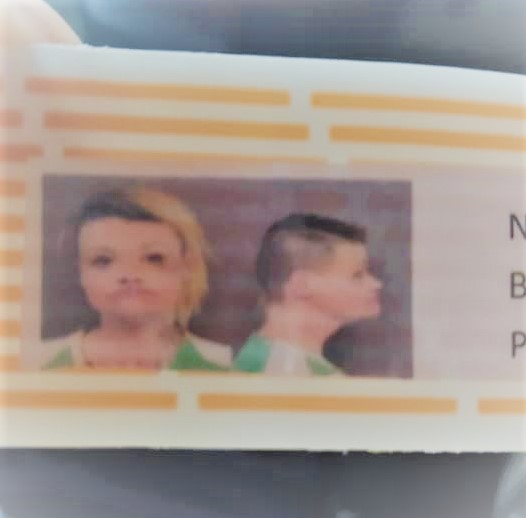Sara Builds Her Life and Family Relations Back – the Case for Diversion Services Instead of Incarceration

“When Sara came to visit me this March, I was overjoyed to see how well she was doing. I cried when Sara shared that she has repaired her relationships with her father and daughter, neither of whom would speak with Sara when she was here at the Snohomish County Diversion Center. Sara has grown so much in her journey and inspires me never to lose hope in people and always work towards helping the next person that walks through my door.” Megan Quigly, Pioneer Human Services’ lead case manager at the Snohomish County Diversion Center.
The Snohomish County Diversion Center’s (SCDC) lead case manager, Megan Quigley, shared a note she received from Sara, a former client, expressing the happiness in her recovery and new life. The Diversion Center is a 44-bed facility offering short-term placement and shelter to homeless adults with a substance use disorder and other behavioral health issues, diverting them away from incarceration and toward treatment. The center is staffed 24/7 by Emergency Medical Technicians (EMTs) and resident monitors. Staff on the site provide medical and behavioral health screenings at intake and medical monitoring throughout a client’s stay.
Note and photos from Sara
Pictured Top Left: Sara today
Pictured Below: Sara before entering SCDC and treatment
“May 30 2019 is my sobriety date when I was admitted to the Snohomish County Diversion Center. Megan was my case manager who showed me that there was life after addiction and that maybe I could make it if I try. I have a relationship now with my dad and 16 year-old daughter who didn’t speak to me for five years while I was in active addiction.
Currently, I work as a general manager at a local restaurant and I am involved in being a chapter officer for Oxford Houses clean and sober housing. Also, I am a recovery coach and working on finishing my peer counseling certification. In my treatment program, I graduated in all phases of the treatment program!
It is so important to me to know that I can work towards paying off all my legal obligations now and go after getting my driver’s license! Recently, I was baptized with my dad and his wife, and my whole Oxford House. In my recovery, I have a sponsor and solid support group and I work the steps in the recovery program! Big things are now happening for what was a hopeless addict like me.”
—————————–
A police officer and social worker had brought Sara to the SCDC with the chance to get treatment and break the cycle of being sent to jail. During Sara’s stay, she worked with Megan as her case manager who helped her enroll in a residential treatment program. The process at the center is resident-driven based on each client’s unique needs and specific circumstances.
Megan Quiqley stated, “Sara was worn out from her drug use when she arrived at SCDC and needed support to help her quit drugs all together. Past arrests had taken a toll on her. When Sara first arrived, she was quiet and withdrawn. However, once she fully detoxed the chemicals in her body, she began to weep and continued to cry for days; it was like a waterfall of emotions coming out. But she didn’t want any sympathy from anyone or turn to anyone for help.”
Megan continued, “I remember wondering if Sara had a chance at getting sober in the state she was in since she was so upset and traumatized. At the time, she was pretty disheveled with wild hair and wore a look of defeat on her face. It was difficult to imagine her experiencing a successful recovery. However, over time at the Diversion Center, Sara made a few friends and began talking with me about her life and past struggles. We worked out a plan to get her in residential treatment and she really came out of her shell before leaving for inpatient treatment.”
“Since Sara’s stay at the Diversion center, she has moved into housing, stayed sober for over a year, and has gotten very involved in helping others by being a sponsor to others in their journey towards recovery. When Sara came to visit me this March, I was overjoyed to see how well she was doing. I cried when Sara shared that she has repaired her relationships with her father and daughter, neither of whom would speak with Sara when she was here at the Diversion Center. Sara has grown so much in her journey and inspires me never to lose hope in people and always work towards helping the next person that walks through my door,” said Megan.
